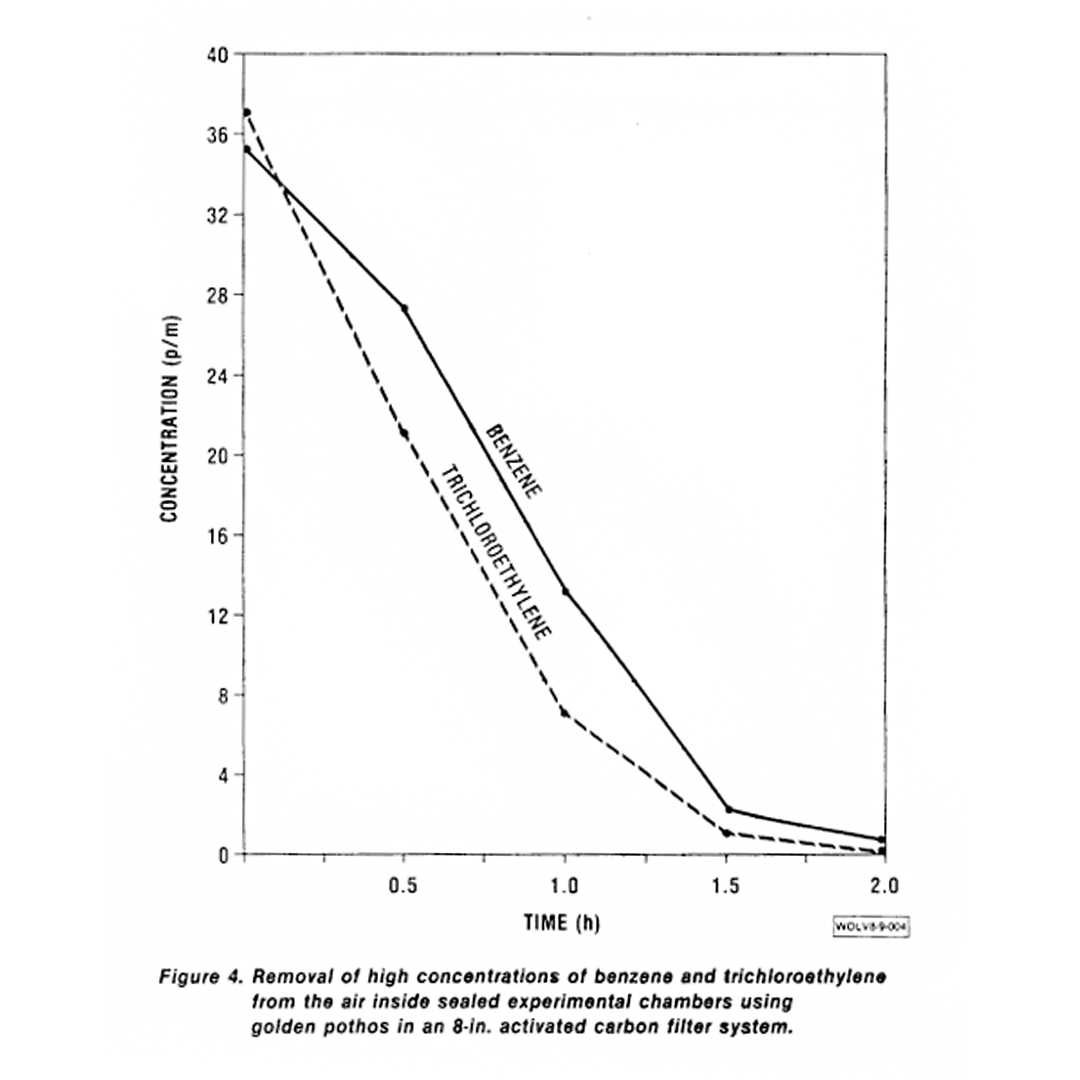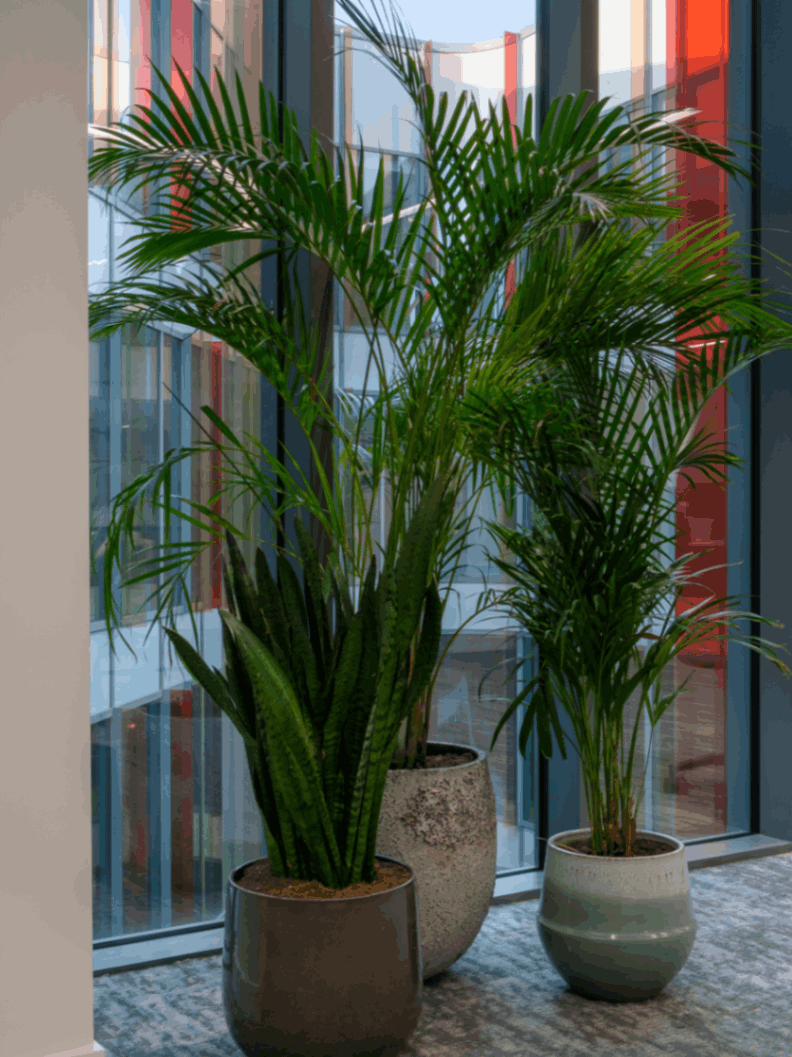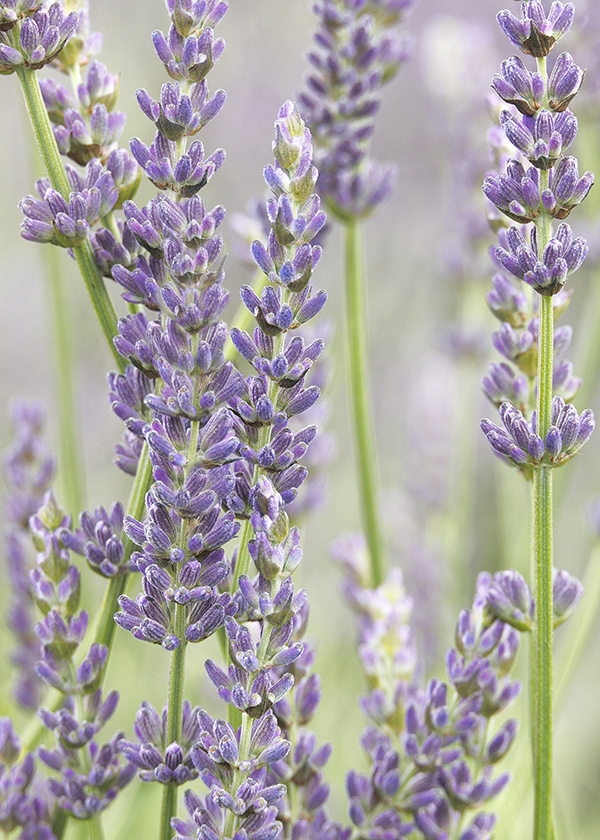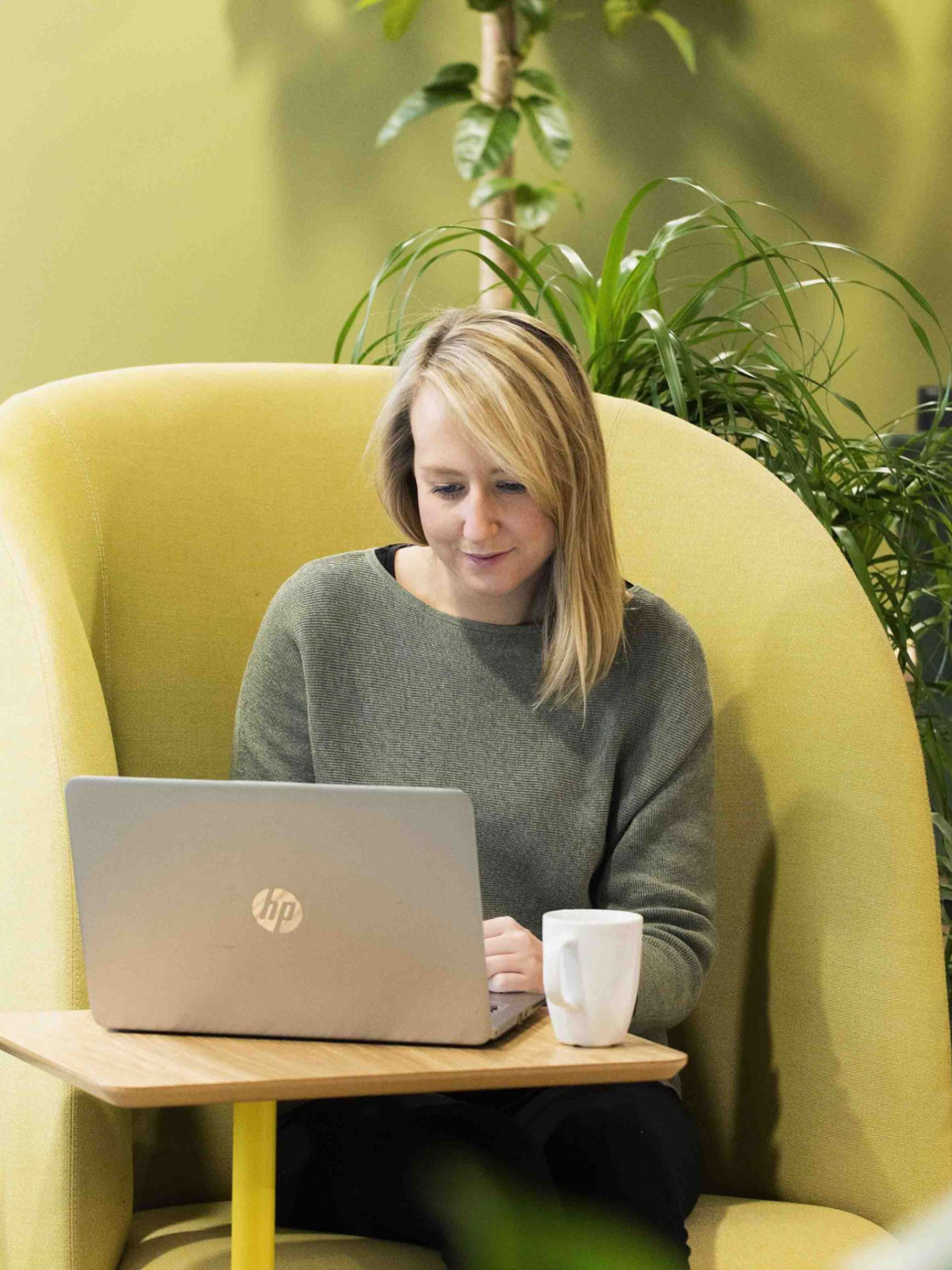What is Sick Building Syndrome?
Sick Building Syndrome (SBS) might sound like something out of a sci-fi novel, but it’s a very real issue that can impact your well-being, especially if you spend a lot of time indoors. Whether you’re in an office, a school, or even your home, understanding SBS is crucial for maintaining a healthy indoor environment.
Sick Building Syndrome is a condition where individuals experience acute health issues or discomfort that seem linked directly to time spent in a particular building. These symptoms—like headaches, dry eyes, sore throats, or fatigue—often disappear once you leave the building. Common culprits include poor indoor air quality, inadequate ventilation, and the presence of pollutants such as dust, mould, or chemical fumes from office equipment and furnishings.
SBS can be tricky to diagnose because its symptoms mimic other common conditions like colds or allergies. This ambiguity often leaves sufferers frustrated, as there’s no single test to pinpoint the cause.
Common Symptoms of Sick Building Syndrome
Symptoms associated with SBS are varied and can affect different parts of the body. Here are some of the most reported issues:
Respiratory Issues: Coughing, wheezing, and a runny or congested nose.
Skin Problems: Dry, itchy skin and rashes.
Eye Irritation: Sore, dry, or itchy eyes.
Headaches: Frequent and unexplained headaches.
Fatigue: A general feeling of tiredness or lethargy.
Difficulty Concentrating: Trouble focusing or staying alert during the day.
How Plants Can Help Prevent and Combat Sick Building Syndrome
Incorporating plants into indoor spaces isn’t just a way to brighten up a room—it’s a scientifically-backed method to combat Sick Building Syndrome.
Improving Indoor Air Quality
Plants are natural air purifiers. Research, including NASA’s famous Clean Air Study, has shown that certain houseplants can remove harmful toxins from the air, such as formaldehyde, benzene, and trichloroethylene, which are commonly found in office environments due to off-gassing from furniture, cleaning products, and office equipment. These chemicals are known contributors to SBS symptoms like headaches and respiratory issues.
Plants like Spider Plants, Peace Lilies, and English Ivy are particularly effective at absorbing these toxins, helping to create a cleaner and healthier indoor atmosphere.
Regulating Humidity
Many plants release moisture vapour through a process called transpiration, which can help to maintain optimal humidity levels indoors. This is crucial because overly dry air can lead to issues such as dry skin, irritated eyes, and respiratory discomfort—all common complaints in buildings suffering from SBS.
For instance, Boston Ferns and Areca Palms are excellent at increasing indoor humidity, making them ideal choices for combating dryness.
Reducing Stress and Enhancing Well-being
Beyond the physical benefits, plants also contribute to mental well-being. Numerous studies have shown that being around greenery can reduce stress, boost mood, and improve overall mental health. This is particularly important in work environments where stress can exacerbate SBS symptoms. The calming presence of plants can make the indoor environment more pleasant and less likely to contribute to stress-related symptoms like headaches and fatigue.
Lavender and Aloe Vera are known for their stress-relieving properties, making them great additions to any indoor space.
Enhancing Ventilation
While plants don’t replace the need for a good HVAC system, they can complement it by helping to reduce airborne dust and increase oxygen levels, which can make indoor spaces feel fresher and more invigorating. This can be particularly beneficial in buildings where ventilation might be inadequate, a common cause of SBS.
Snake Plants and Aloe Vera are particularly effective at producing oxygen, even at night, making them excellent choices for improving indoor air quality around the clock.
How we can help
Whether you’re looking to reduce the symptoms of Sick Building Syndrome or simply want to create a healthier, more vibrant workspace, our team of experts can guide you in choosing the best plants for your needs.
With Exubia’s help, you can turn your building into a sanctuary that supports both physical health and mental well-being. Let us help you breathe easier and work happier.






Recent Comments